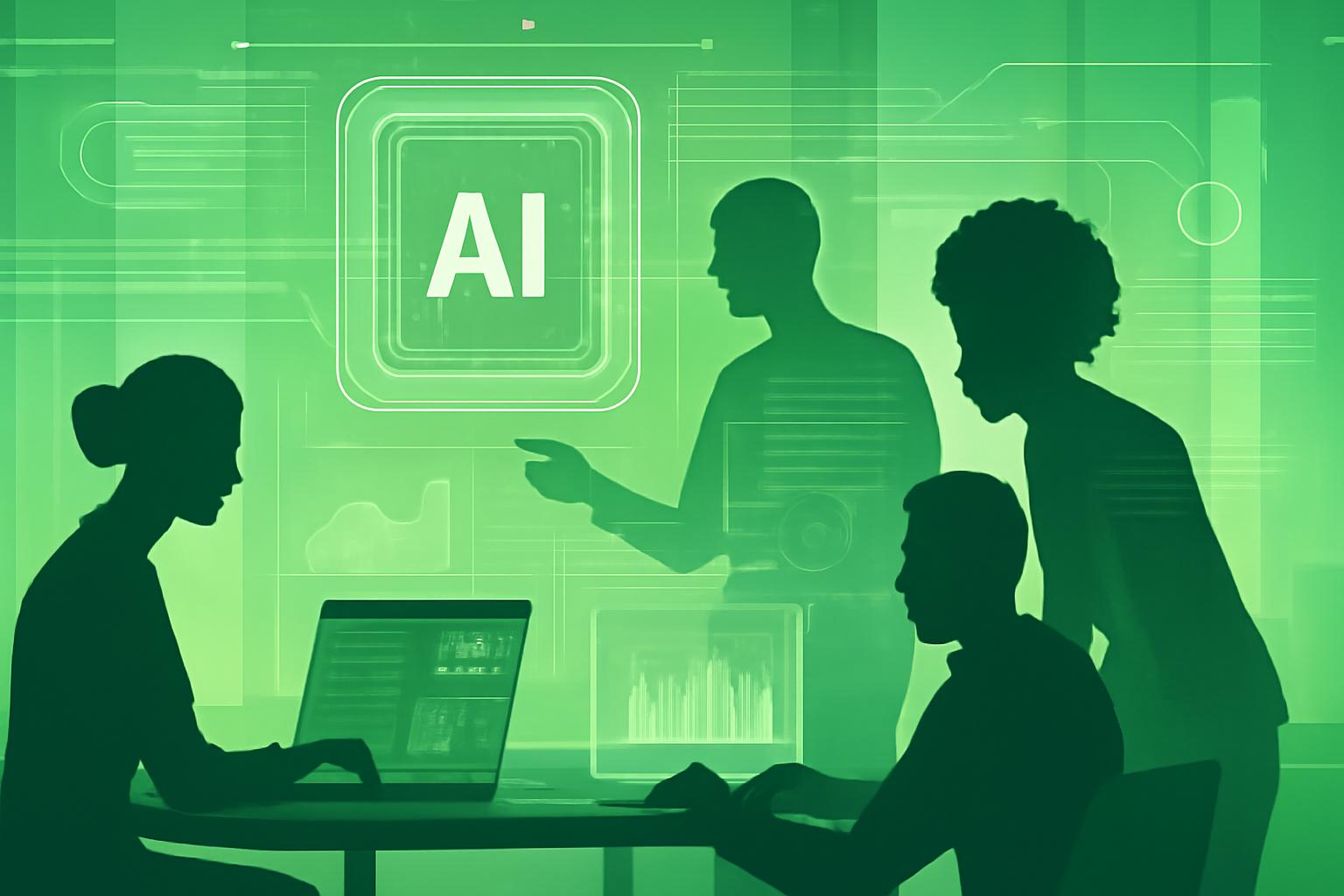Enterprise AI Expansion Accelerates with Major Deals
This week marked significant progress in enterprise AI adoption as several leading companies announced strategic deals and new AI product launches. Zendesk unveiled advanced AI agents designed to autonomously resolve up to 80% of customer service issues, signaling a shift toward automated client interactions. In parallel, Anthropic solidified its position in the enterprise market through strategic partnerships with IBM and Deloitte, aiming to integrate its AI technologies into professional services and consulting sectors. Google also entered the fray with the launch of a new AI-for-business platform, further intensifying competition in the enterprise AI landscape.
Deloitte AI Report Raises Concerns Over Accuracy and Accountability
Despite these advancements, challenges remain. Deloitte faced criticism after the Australian Department of Employment and Workplace Relations demanded a refund for a report containing multiple AI-generated hallucinations. The incident underscores the risks associated with premature or unchecked AI deployment in critical professional contexts.
“If you’re going to use AI in report generation, you must verify the outputs thoroughly. Passing off unchecked AI content as final work is unacceptable and warrants accountability,” an industry analyst noted.
Industry experts emphasize that while consumer AI applications like social networking hold long-term promise, enterprise AI deals represent the most immediate and substantial revenue opportunities. The steady integration of AI into business operations offers a more reliable path to monetization compared to nascent consumer markets. Anthony Ha, TechCrunch’s weekend editor, commented, “Enterprise AI may lack the glamour of consumer apps, but it’s where companies are generating real income today. The Deloitte incident highlights the need for responsible AI use, but it doesn’t diminish the sector’s growth potential.”
Automation in Customer Service: Zendesk’s Vision
Zendesk’s AI agents aim to revolutionize customer service by automating interactions traditionally handled by human representatives. These tools promise to streamline service delivery, reduce wait times, and improve resolution rates across industries such as automotive and retail. Sean O’Kane, a technology commentator, observed, “The challenge isn’t job displacement but improving accessibility and responsiveness. Many customers face frustrating service bottlenecks; AI can alleviate these by providing accurate, immediate assistance. The key question remains whether businesses will sustainably adopt these solutions or revert to legacy methods.”
Outlook for Enterprise AI Amid Rapid Adoption and Growing Pains
The rapid acceleration of AI integration into enterprise functions demonstrates both the vast potential and the inherent risks of emerging technologies. Strategic partnerships and innovative product launches underscore a strong market appetite, yet incidents like Deloitte’s AI report controversy highlight the ongoing need for rigorous quality control and ethical standards.
FinOracleAI — Market View
The enterprise AI sector is entering a phase of rapid growth driven by strategic collaborations and innovative automation solutions. While consumer AI applications promise future monetization, enterprises provide immediate revenue streams and operational efficiencies.
- Opportunities: Expansion of AI-driven customer service; increased enterprise adoption; partnerships fostering technology integration; improvements in operational efficiency.
- Risks: AI-generated inaccuracies and hallucinations; reputational damage from flawed deliverables; regulatory scrutiny; resistance to adoption due to implementation challenges.
Impact: The enterprise AI market is poised for significant growth, contingent on firms’ ability to manage AI reliability and ethical deployment. Successful navigation of these factors will solidify AI’s role as a core business driver.













